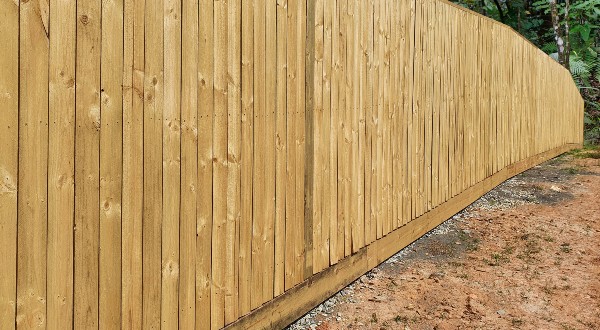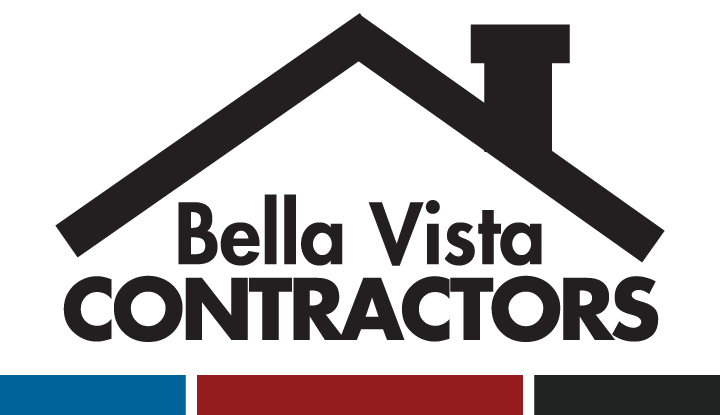Expert Advice on Choosing the Right Fence: Materials, Design, and Durability
Fences serve multiple purposes: security, privacy, aesthetic enhancement, or simply marking boundaries. But with myriad designs and materials available, what is the right fence to choose for your needs? In this article, we break down expert advice on selecting materials, planning your design, and ensuring your fence stands strong for years.

1. Choosing the Right Materials:
- Wood: Timeless and versatile, wood offers a warm, natural look and can be painted or stained to match any aesthetic. Cedar, redwood, and pine are popular choices. However, wood is susceptible to weathering, rot, and pests. Regular maintenance, including sealing and staining, can extend its lifespan.
- Vinyl: Offering a clean look, vinyl fencing requires minimal maintenance and won’t rot or rust. It may cost more upfront than wood but pays off in the long run with its longevity. The main drawback? Extreme temperatures can make it brittle.
- Aluminum: Lightweight and resistant to rust, aluminum fencing provides a sleek, modern look. It’s not as robust as steel but can be more affordable. Aluminum fencing is suitable for decorative purposes and is available in various styles and colors.
- Chain Link: This material is cost-effective, durable, and requires minimal maintenance. While it may not win beauty contests, it’s a top choice for security and boundary-marking. Vinyl-coated options are available for those wanting a bit of color.
- Composite: Fencing made from a blend of wood fibers and plastic polymers, composite fencing offers the look of wood but with increased durability and lesser maintenance.
2. Planning Your Design:
- Function First: Your fence’s primary purpose will influence its design. If it’s privacy you’re after, choose a solid design. For decorative or boundary-setting purposes, picket or wrought iron designs can be ideal. For security, height and robustness are critical.
- Local Regulations: Before you start, ensure you’re familiar with local zoning regulations. Some areas might have height restrictions or specific setback rules.
- Style Matching: The right fence should complement the style of your home. For instance, a Victorian-era home might pair well with ornate wrought iron, while a modern home could benefit from sleek aluminum or vinyl.
- Consider the Landscape: If your property is hilly, you’ll need to decide between a stepped or contoured fence. Stepped fences follow the slope in sections, while contoured fences smoothly run down the gradient.
- Gates and Access: Think about where you’ll place gates and how wide they should be. If you need to get larger machinery or vehicles through, ensure your gate is wide enough.
3. Ensuring a Sturdy and Long-lasting Structure:
- Proper Installation: It’s crucial to install your fence on level ground. For those opting for a DIY route, use stakes and strings to ensure your fence is straight. For more complex projects or materials, consider hiring a professional.
- Posts are Key: The sturdiness of a fence largely depends on the robustness of its posts. Dig post holes at least a third of the post’s length (or even half for added stability) and set them in concrete. This will ensure a strong foundation, especially in areas with high winds or soft soil.
- Maintenance Matters: Your fence’s longevity will be directly proportional to the care you provide. Regularly inspect it for damage. For wood fences, reapply sealant or stain every couple of years. Clean vinyl fences with soap and water to maintain their appearance. For metal fences, check for rust spots and repaint as necessary.
- Be Neighborly: If your fence will be shared with a neighbor, it’s good etiquette to discuss plans and maybe even share costs. Plus, ensure the fence’s more finished side faces outward – it’s a standard practice and often a local regulation.
Frequently Asked Questions on Selecting the Right Fence for Your Fence Project
1. What is the most cost-effective fencing material?
Answer: Chain link is often considered the most cost-effective fencing material, especially for larger areas. It provides a sturdy boundary at a fraction of the cost of most other materials. However, while it excels in function and cost, it might not be the most aesthetically pleasing option. If you’re willing to spend a bit more for a blend of functionality and appearance, wood and vinyl are also popular choices, with the former often being more affordable upfront but requiring more maintenance in the long run.
2. How do I choose a fence that provides both privacy and aesthetic appeal?
Answer: If privacy is a primary concern, you’ll want a fence with little to no gaps between its components. Solid wood fences, such as board-on-board or stockade styles, are excellent choices. These fences can be painted or stained to complement the aesthetic of your property. Vinyl fencing also offers privacy options with various decorative top finishes, combining both privacy and beauty. Composite fencing can also serve this dual purpose, giving the appearance of wood but with the durability of synthetic materials.
3. How long can I expect my fence to last, and how much maintenance is required?
Answer: The lifespan and maintenance of your fence largely depend on the material:
- Wood: With proper care, a wood fence can last 10-20 years, depending on the type of wood. Regular maintenance, including sealing or staining every 2-3 years and periodic checks for pests or rot, is essential.
- Vinyl: A vinyl fence can last 20-30 years or even longer. It requires minimal maintenance—usually, just cleaning with soap and water to remove dirt and grime.
- Chain Link: This material can last 10-20 years, depending on the environment. It might require occasional tightening or repair of damaged links, but overall, it’s low maintenance.
- Aluminum and Steel: These metals can last decades with proper care. They might need occasional repainting or treatment for rust, especially in moist climates.
For all fence types, it’s crucial to ensure that the fence posts are installed correctly and checked periodically, as they provide the primary support for the fence structure.
Call Bella Vista Contractors for Help in Selecting the Right Fence for You
The right fence can be a valuable addition to your property, offering functionality while enhancing aesthetic appeal. Whether you lean towards the natural elegance of wood, the low-maintenance charm of vinyl, or the durability of metal, ensure that your choice aligns with your needs and local conditions. With proper planning and care, your fence can serve you well for many years to come.
